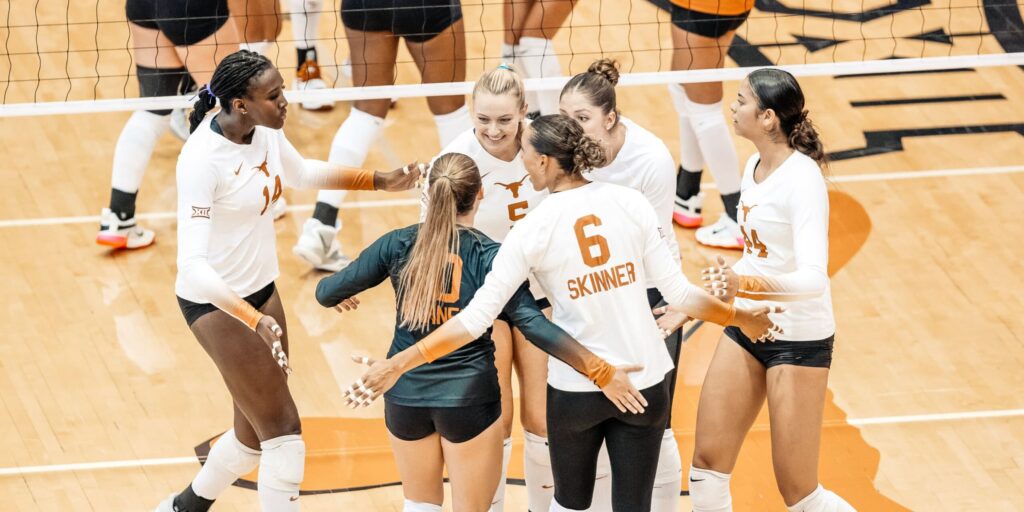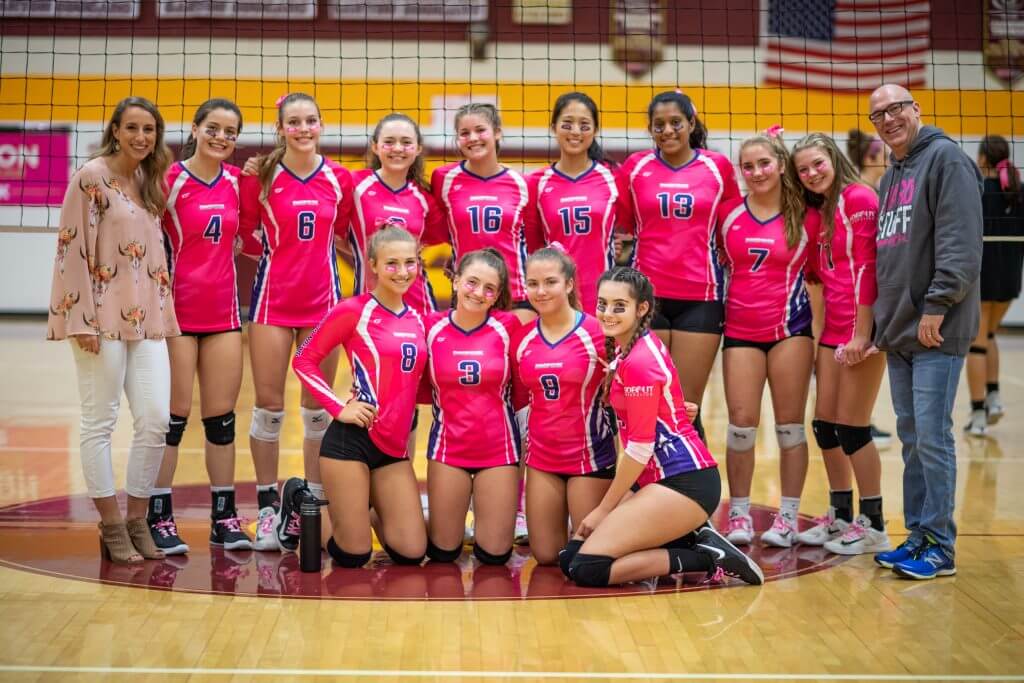*This blog is part of a two part series on recruiting from a coach to a new coach and a coach to a player. We asked two NCAA Volleyball coaches questions about recruiting future student-athletes focusing on the athlete relationship to prospective coaches. Check out the first part here.
Getting an athletic scholarship for college might be one of your goals when playing a sport in high school. You might be looking to verbally sign before your junior year or can’t decide if you want to play post-high school and end up looking to walk-on. Talking to coaches is very important when it comes to earning a scholarship, but also making sure the school is a fit for you.
What questions do you get the most from athletes looking at your school?
Coach A: What type of academic support do you have for the players in your program? How safe is it on campus? How long do you plan to stay coaching here?
Coach B: What is a day in the life like? How much scholarship is available? How to become a student athlete here?
What questions do you get the most from athletes looking at your school?
Coach A: As young as 9th graders. It is very easy to pick out the outstanding athlete at this level. They really stand out.
Coach B: Sophomores and on-wards.
How do you evaluate talent?
Coach A: I like to watch a player in the most competitive and pressure packed game situation as possible.
Coach B: Honestly the qualities I look for are work ethic and character and attitude. Obviously you want players with great skills, but I would rather take a player with less than optimal skill who has a great attitude and work ethic over a skilled player with a horrible work ethic and bad character. Volleyball is a team sport
What do you looked for in a potential Student Athletes.
Coach A: I looked at things like height, jump, athleticism, quick feet, good arm swing, and intangibles like attitude, volleyball IQ, how do they perform when under pressure, do they have leadership qualities and how do they interact with their teammates, coaches and parents. A player that comes from an established club program with a good tradition, will always carry more weight in the decision process. The players academics are always important because you do not want to deal with questionable academics and you want your team to meet the team GPA goal of 3.5.
Coach B: I look for someone who has athleticism. Athletes can be taught to improve their skills. They should also be a decent student because I want them to succeed off the court at my university.
What is your biggest recruiting pet peeve?
Coach A: Student athletes not being truthful.
Coach B: Emails that have spelling errors, or that are addressed to the wrong coach.
What’s the best thing a player has done to get your attention?
Coach A: Young players who attended multiple summer camps to work on their skills.
What’s the worst thing a player has done to get your attention?
Coach A: Nothing here either that stands out except for a player disrespecting their mother right in front of me.
Coach B: Lying about stats.
How do you approach giving scholarships?
Coach A: NCAA Division I volleyball is a “head count” sport. You have 12 scholarships that you can give at any given time. I would give scholarships to SA’s that I felt could best represent the University and improve our play to a conference championship level.
Coach B: There are a variety of factors that go into scholarships. Academics, skill sets, leadership and other intangibles.
Other Tips about the Recruiting Process
- Be the best student you can be and take your school work seriously .
- Attend summer camps of schools you have an interest in playing for to meet the coaches and players
- Do the work on your recruiting outreach, not your parents.
- Prepare for you college recruiting phone calls by writing down some questions and just be yourself.
Be sure to check out the first part of our recruiting series
https://side-out.org/skills-and-drills/8-musings-about-recruiting-student-athletes/
If you are interested in learning more about the NCAA’s guide for the college-bound student-athlete, click here.









